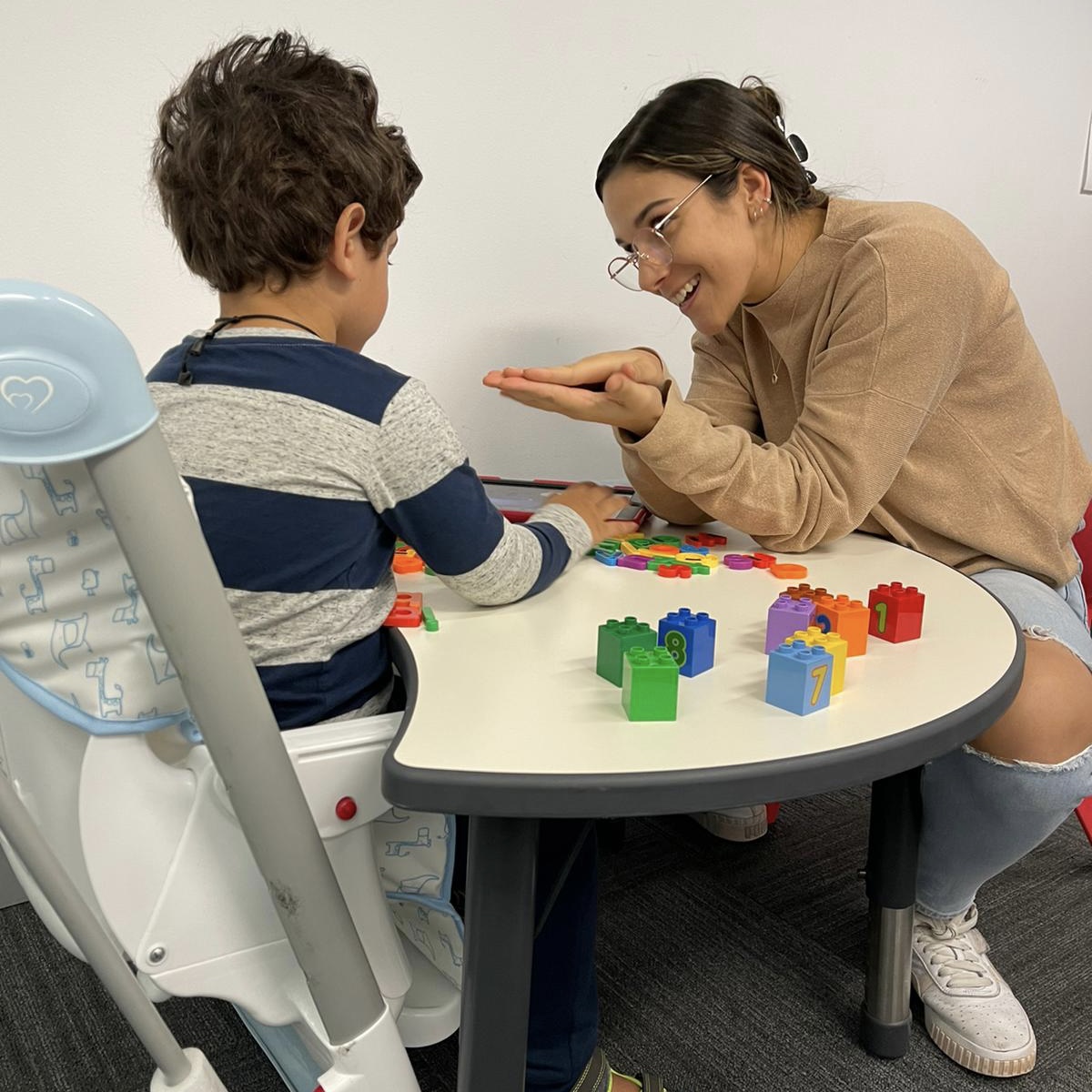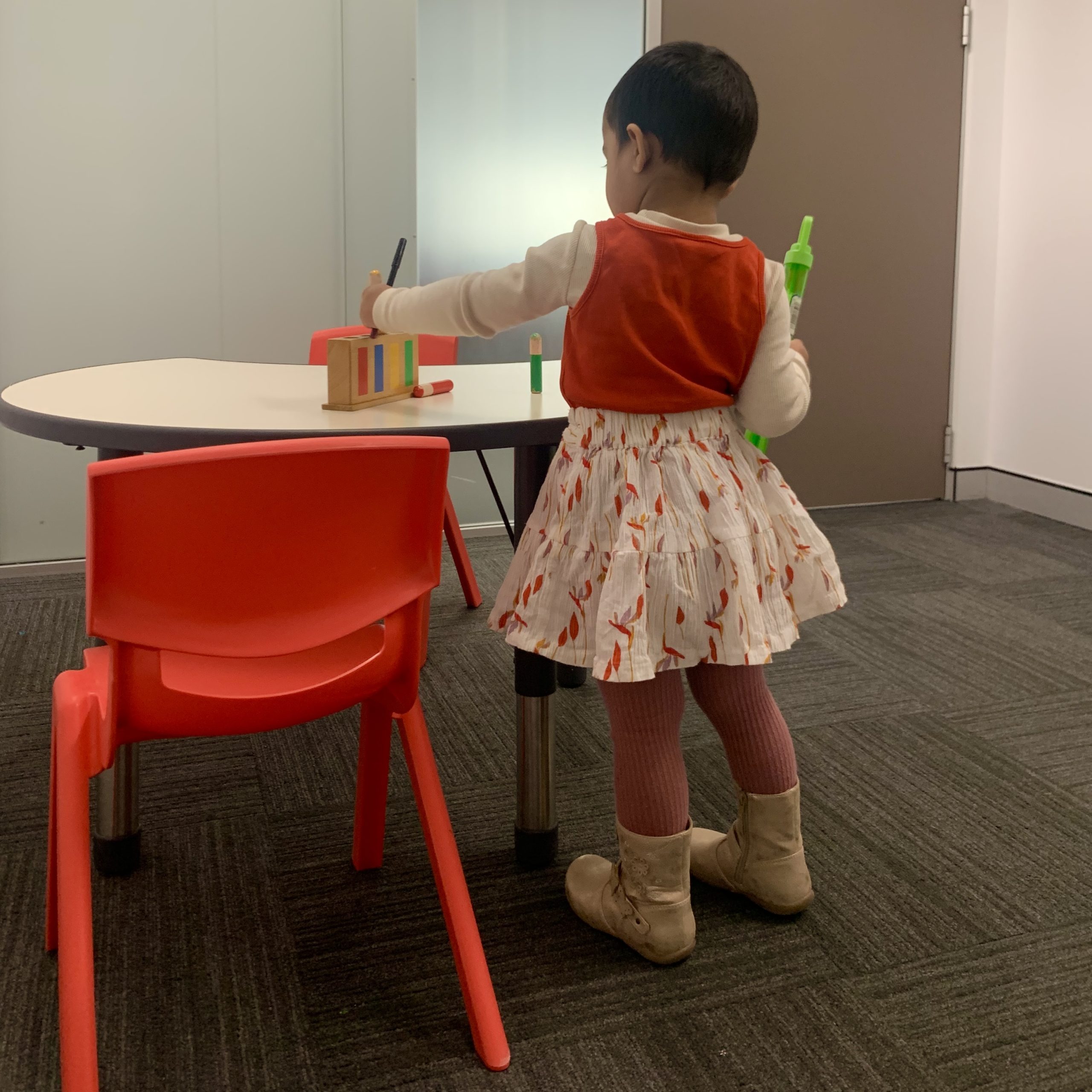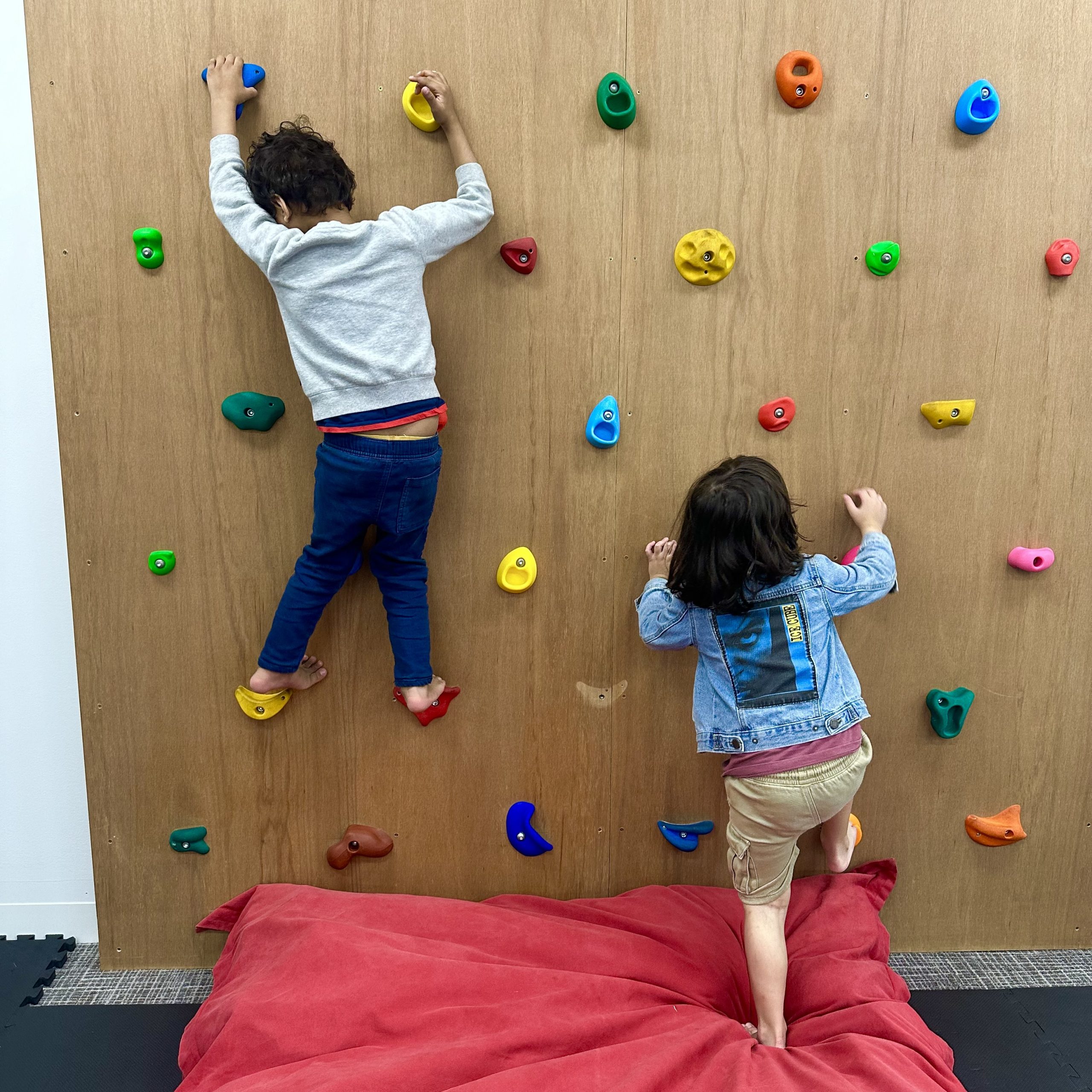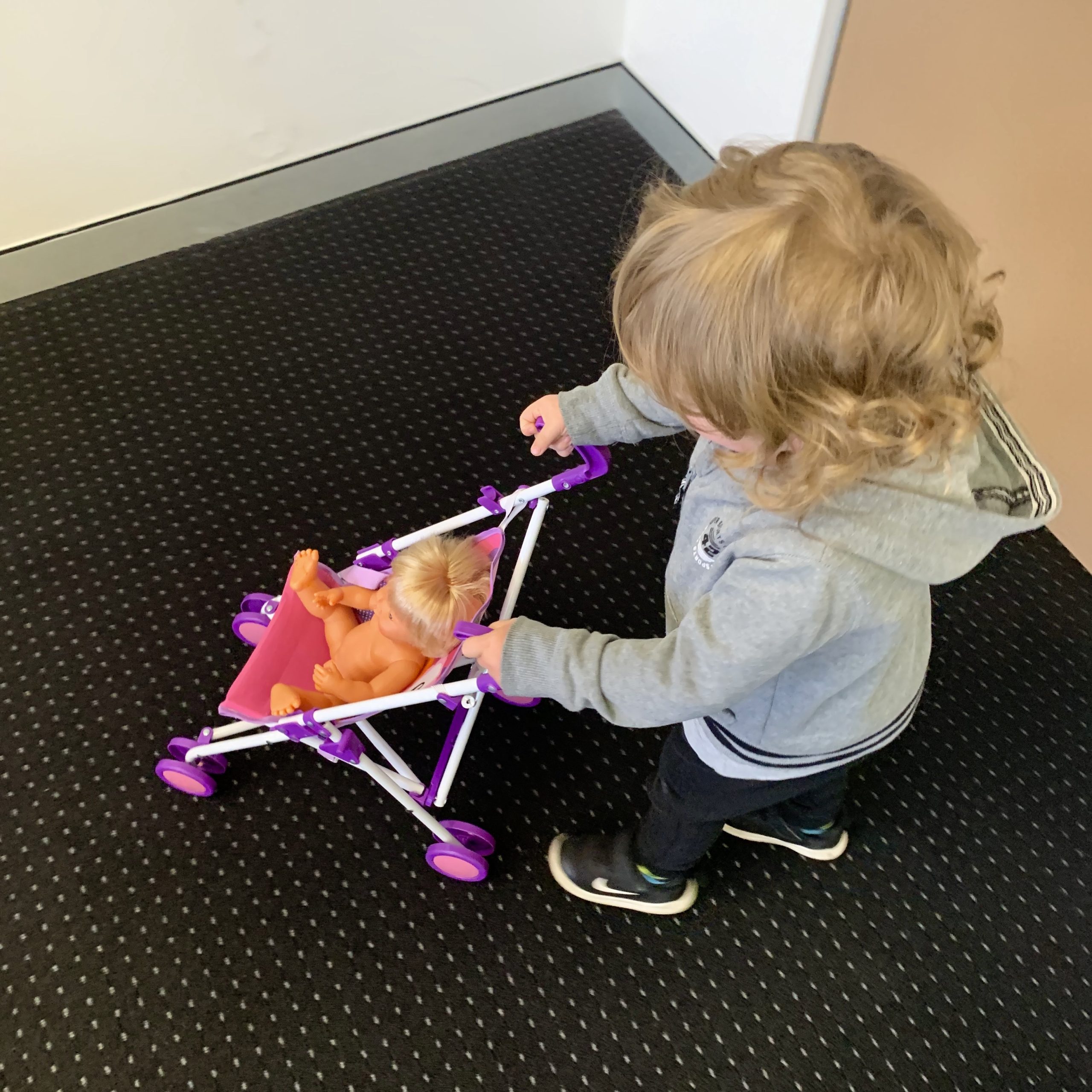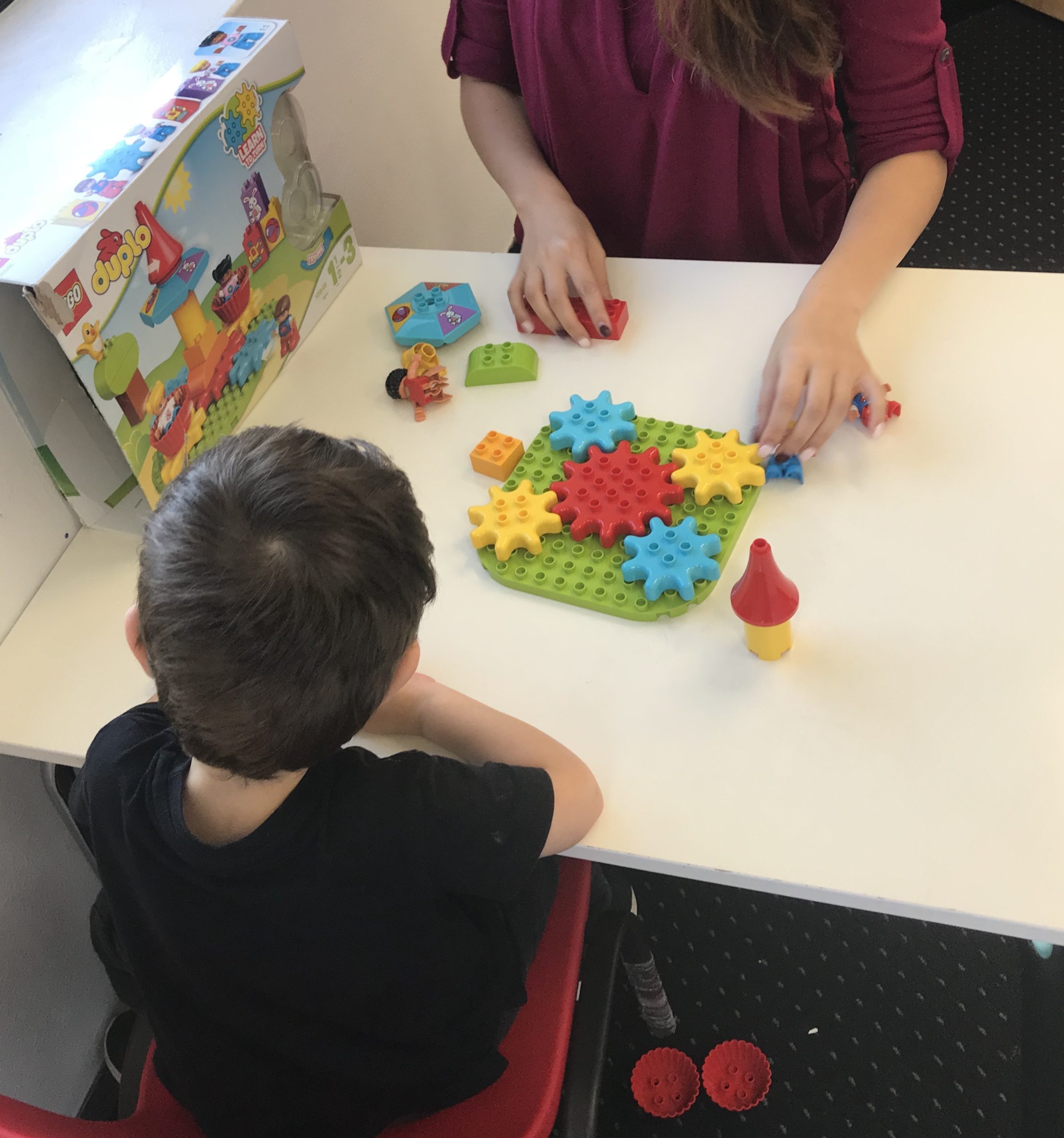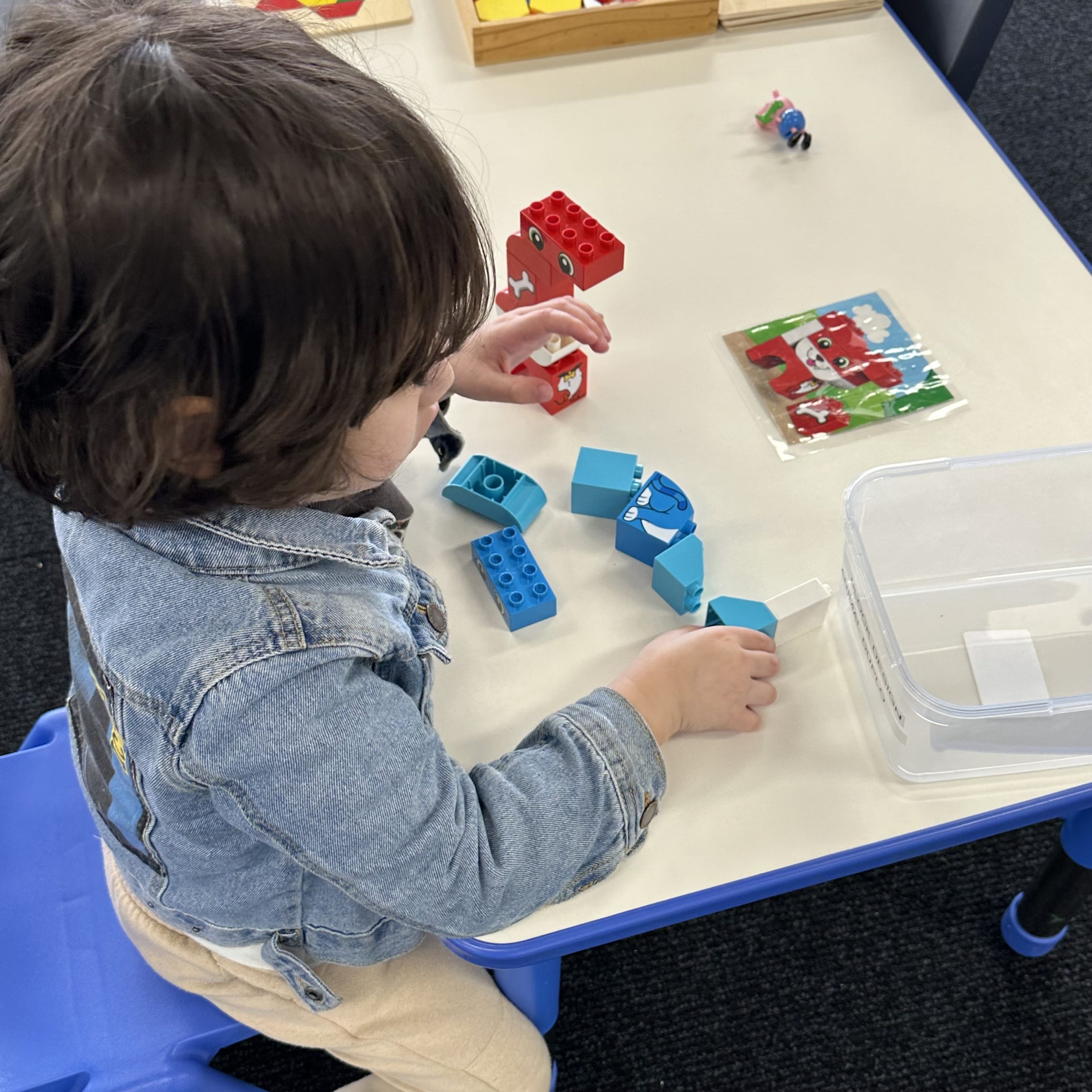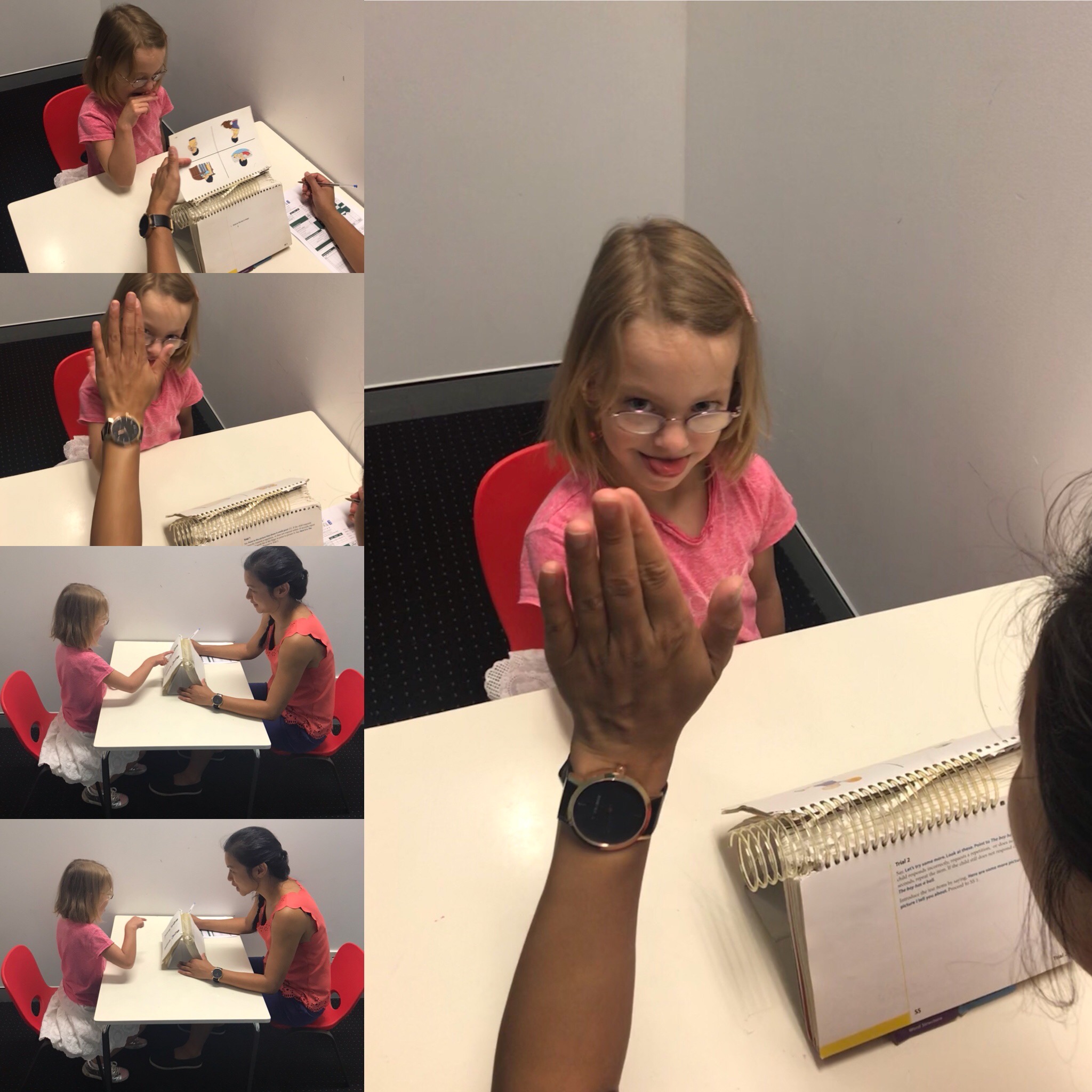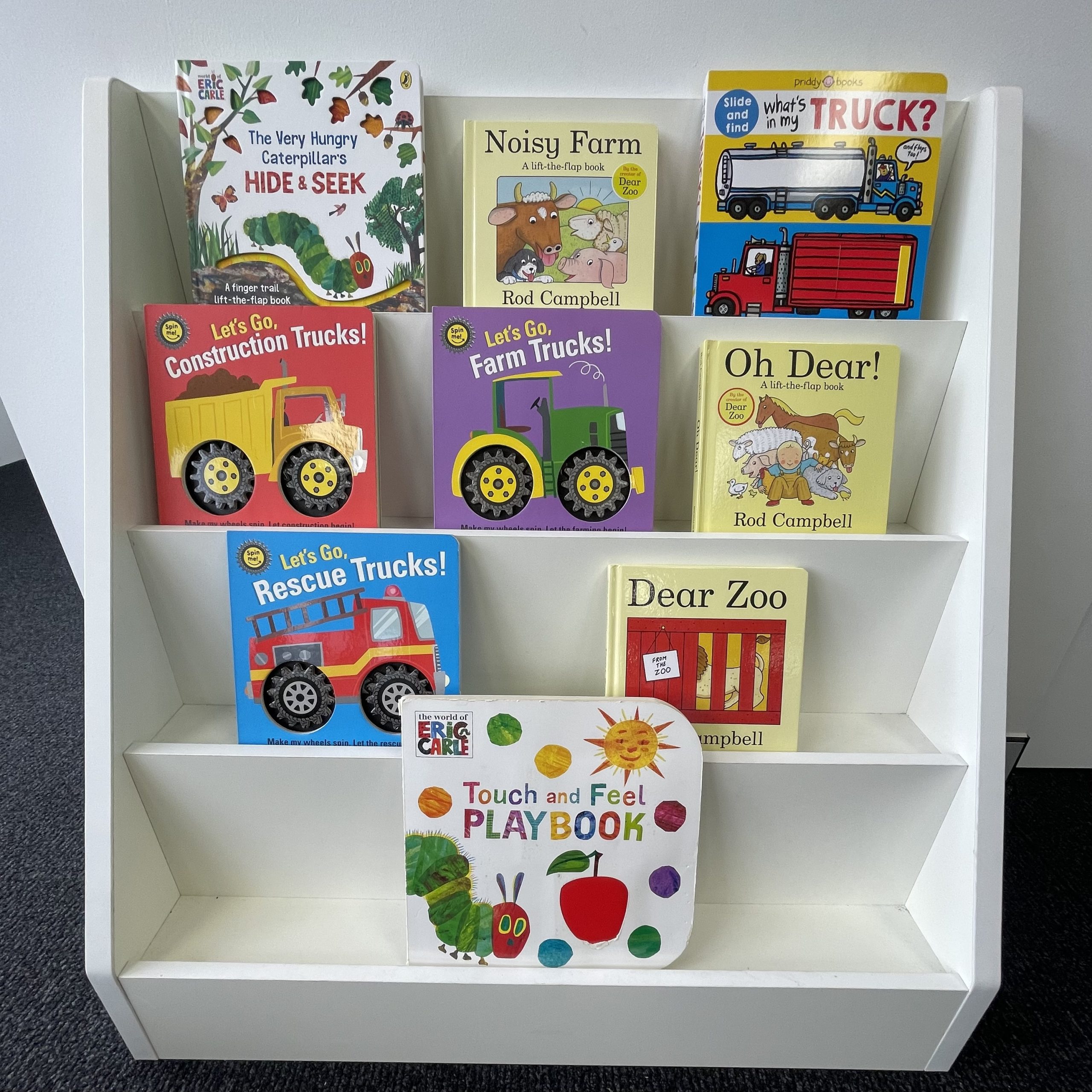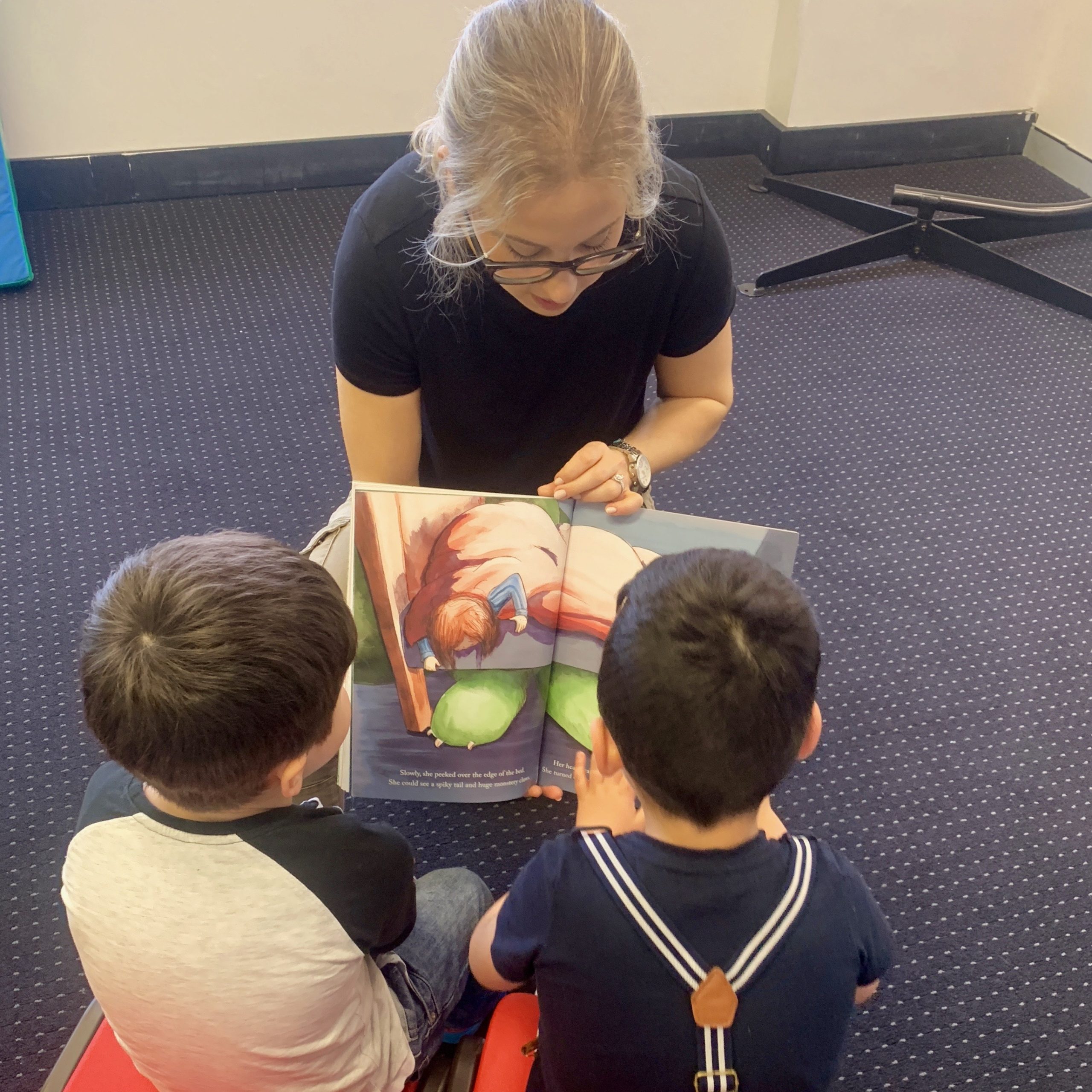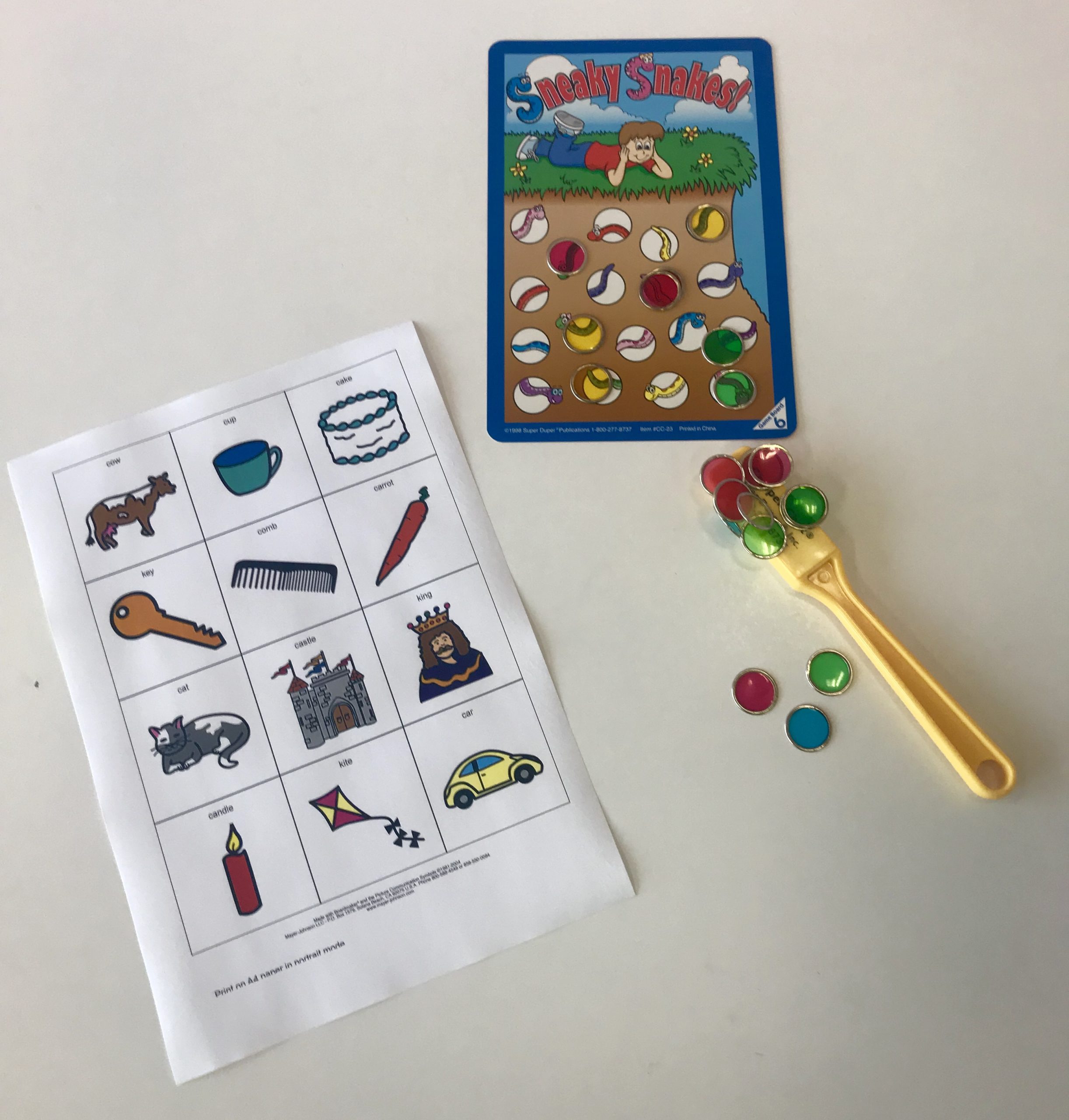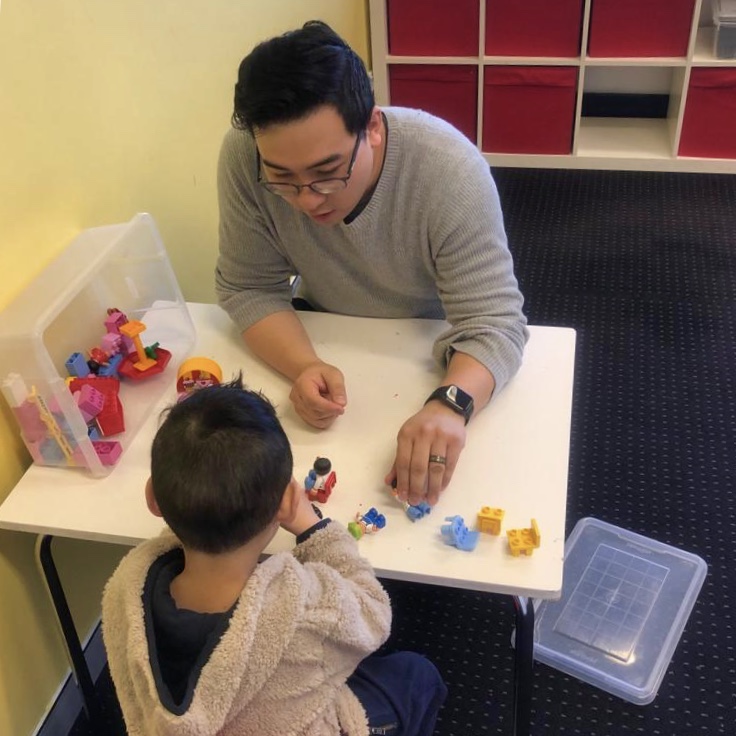
Gestures are movements children use to communicate before they can talk. They are an important part of early development. Here’s how young children develop them: Early Movements: Babies start by moving their arms and hands. These movements are not always purposeful but help them learn how their bodies work. Pointing: Around 9-12 months, babies begin to point at things they want or find interesting. Pointing helps them communicate their needs and interests before they can use words. Waving: Babies often learn to wave goodbye around the same time. This simple gesture helps them understand and participate in social interactions. Reaching:…

